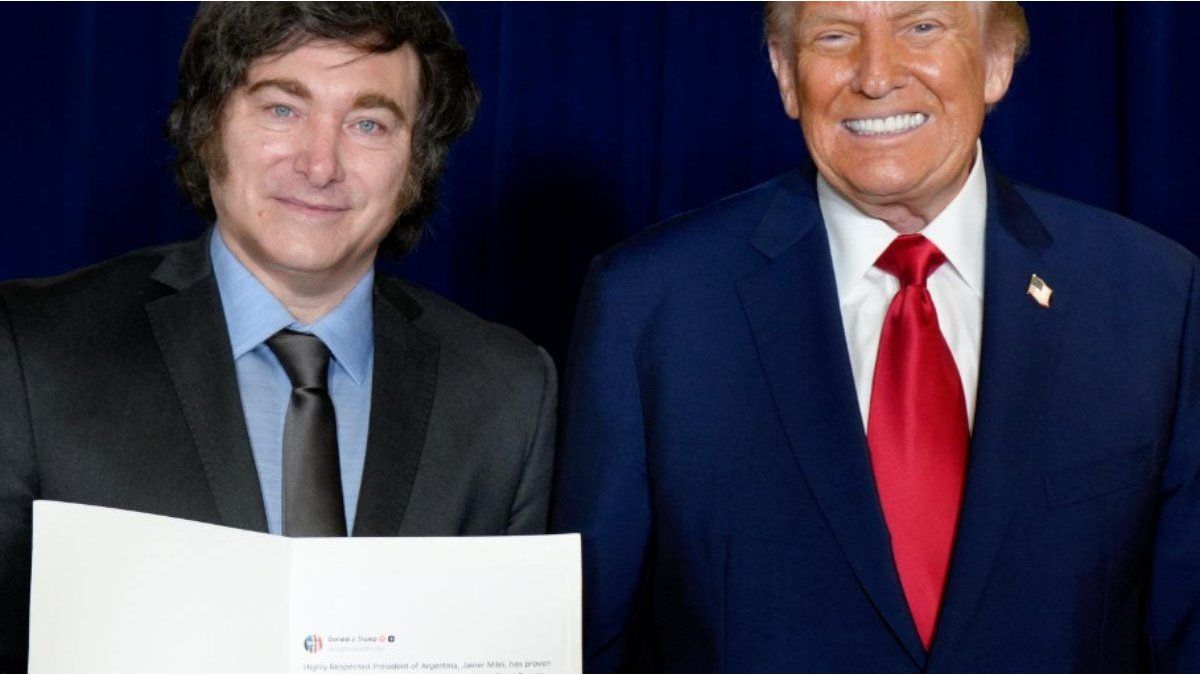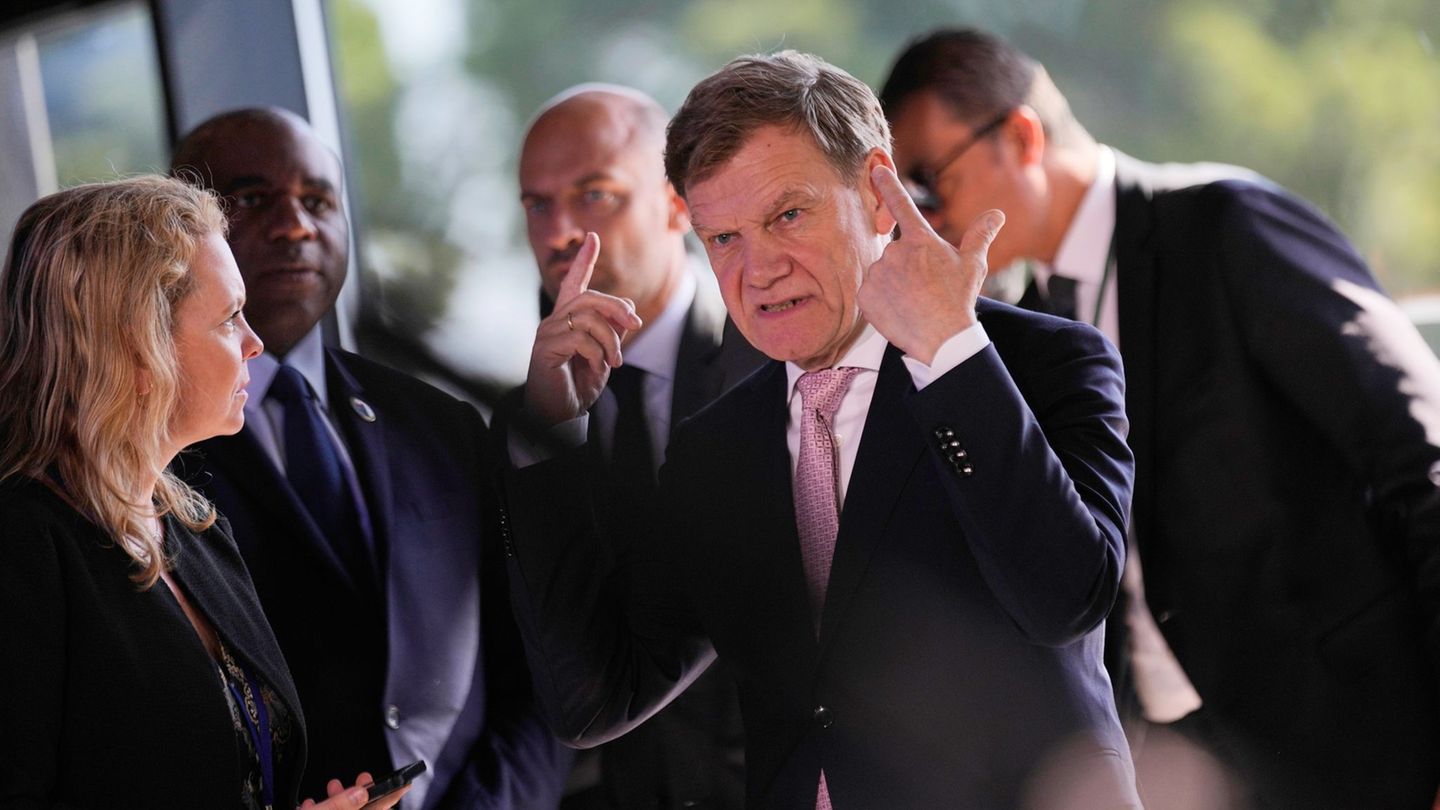I have been working in the news industry for over 6 years, first as a reporter and now as an editor. I have covered politics extensively, and my work has appeared in major newspapers and online news outlets around the world. In addition to my writing, I also contribute regularly to 24 Hours World.
Menu
Defense: Greens call WadePhul’s statement about defense costs “naive”
Categories
Most Read
Defense: Bundeswehr gets 20 new fighter jets
October 8, 2025
No Comments
Controversial project: EU dispute over “chat control” – is it still coming?
October 8, 2025
No Comments
Sahra Wagenknecht: That’s why she’s right for once
October 8, 2025
No Comments
Internal security: The federal government wants to expand drone defenses by the end of the year
October 8, 2025
No Comments
Extremism: Right-wing extremist crimes by young people are increasing sharply
October 8, 2025
No Comments
Latest Posts

Mourning in football: Miguel Ángel Russo, coach of Boca Juniors, died
October 8, 2025
No Comments
PierceI am Pierce Boyd, a driven and ambitious professional working in the news industry. I have been writing for 24 Hours Worlds for over five

Donald Trump considers traveling to the Middle East while negotiating peace in Gaza
October 8, 2025
No Comments
October 8, 2025 – 19:15 The US president highlighted the progress of his peace plan and the participation of his team of envoys, including his

This is who he wants to give US$20,000 million to
October 8, 2025
No Comments
After the friendly fire of the Republicans, the Donald Trump’s government continues to receive criticism for financial aid who negotiates with Argentina. This time, the
24 Hours Worlds is a comprehensive source of instant world current affairs, offering up-to-the-minute coverage of breaking news and events from around the globe. With a team of experienced journalists and experts on hand 24/7.

